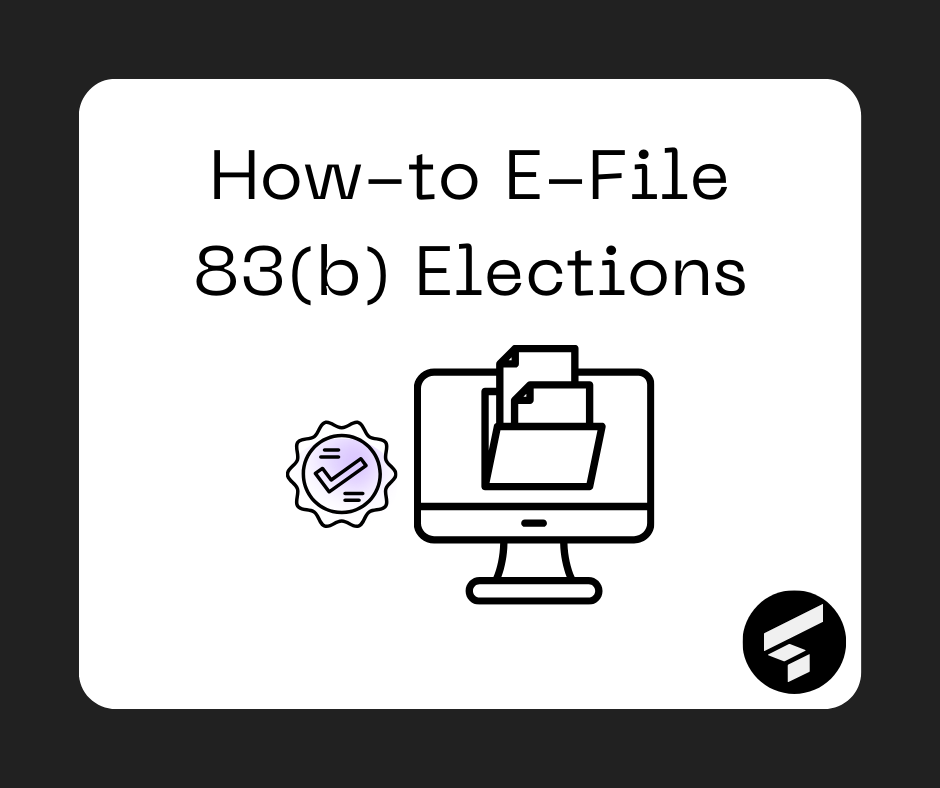Navigating Qualified Small Busines Stock
As a financial advisor working with clients in the tech industry, understanding and capitalizing on tax-efficient strategies is essential. One such strategy that can potentially save your clients millions of dollars in taxes is leveraging Qualified Small Business Stock (QSBS) as outlined in Section 1202 of the Internal Revenue Code. This essay provides a practical guide on QSBS, its relevance, and how to assist clients in taking advantage of this tax rule to optimize their financial outcomes.
Understanding QSBS
QSBS refers to the stock issued by a qualified small business (QSB), which is a domestic C corporation with gross assets of $50 million or less at the time of stock issuance. To be eligible for QSBS tax benefits, the stock must be held for a minimum of five years. If these requirements are met, QSBS holders may be eligible for significant tax savings, such as excluding up to 100% of the capital gains from federal income tax on the sale of the up to $10 million or 10x the tax basis.
When QSBS is Relevant
QSBS is particularly relevant for clients in the tech industry who invest in or found startups. These individuals may have opportunities to acquire stock in QSBs, either through direct investment or as part of their compensation packages. As a financial advisor, it is important to identify clients who may be in a position to benefit from QSBS and educate them on the tax advantages.
Helping Clients with QSBS Situations
- Assess Eligibility: Work with your clients to determine whether their stock meets the QSBS requirements. This involves evaluating the company's gross assets, ensuring it is a domestic C corporation, and verifying that the stock has been held for at least five years.
- Planning Tip: When helping clients negotiate new job packages, if the shares might be QSBS eligible and the client plans to early exercise his/her options, negotiate to have company issue NSOs instead of ISOs will help start the holding period for QSBS treatment as early as possible.
- Tax Planning: Help clients plan their stock sales strategically to maximize QSBS tax benefits. This may involve staggering sales across multiple years or coordinating with other tax strategies to optimize their overall tax burden.
- There are other advanced QSBS planning techniques (i.e. stacking exemptions via trusts, QSBS rollover, etc.) to increase the QSBS tax benefit. Consult with an experienced attorney to ensure the proper utilization of QSBS treatment.
- Record keeping: Encourage clients to maintain thorough documentation of their stock acquisitions, sales, and QSBS eligibility. This information will be crucial in the event of an IRS audit or other tax inquiries.
- It is highly recommended to have your client’s employer complete the QSBS checklist below as soon as shares are held to solidify QSBS argument at eventual sale.
- Ongoing Monitoring: Stay informed about changes to QSBS rules and legislation that may impact your clients' tax situation. Regularly review clients' portfolios to ensure they continue to meet eligibility requirements and take advantage of any new opportunities.
Appendix: State QSBS Taxation
While federal tax law provides substantial benefits for QSBS holders, it's important to note that some states do not conform to federal QSBS rules and may tax the capital gains. These states include:
- California
- Hawaii
- Minnesota
- New Jersey
- North Carolina
- Pennsylvania
As a financial advisor, it's crucial to be aware of the state-specific tax implications for your clients and incorporate this information into your overall tax planning strategies.
(QSBS Checklist available in our in-app Knowledge Center)





.png)
.png)